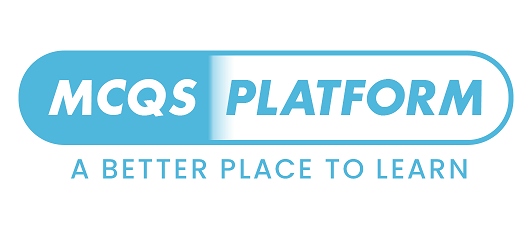Q. What is the primary function of the International Court of Justice (ICJ)?
a) Adjudicating disputes between nations
b) Prosecuting individuals for war crimes
c) Drafting new international laws
d) Enforcing UN General Assembly resolutions
Q. Where is the International Court of Justice (ICJ) located?
a) The Hague, Netherlands
b) New York City, USA
c) Geneva, Switzerland
d) Vienna, Austria
Q. What was the predecessor to the International Court of Justice (ICJ)?
a) The Permanent Court of International Justice
b) The International Criminal Court
c) The League of Nations Tribunal
d) The United Nations Human Rights Council
Q. Which of the following cases can be heard by the ICJ?
a) Violations of state sovereignty
b) Individual criminal cases
c) Private corporate disputes
d) Domestic civil cases
Q. Can the ICJ provide advisory opinions on matters of international law?
a) Yes, when requested by other UN organs
b) No, it only handles disputes between nations
c) Yes, but only to UN member states
d) No, it only enforces Security Council resolutions
Q. Who appoints the judges of the ICJ?
a) The UN General Assembly
b) The UN Secretary-General
c) The UN Security Council alone
d) The International Criminal Court
Q. How many judges serve on the International Court of Justice at one time?
a) 15 judges
b) 10 judges
c) 12 judges
d) 20 judges
Q. How long is the term for an ICJ judge?
a) Nine years
b) Five years
c) Seven years
d) Ten years
Q. What is a key requirement for the composition of the ICJ?
a) Each judge must be from a different nation
b) All judges must be from permanent members of the Security Council
c) The judges must be elected from the five UN regional groups
d) Each judge must have prior experience in the International Criminal Court
Q. Are ICJ rulings binding on the parties involved?
a) Yes, ICJ rulings are binding on the parties
b) No, ICJ rulings are purely advisory
c) Only if the Security Council approves them
d) Only if both parties voluntarily accept the decision
